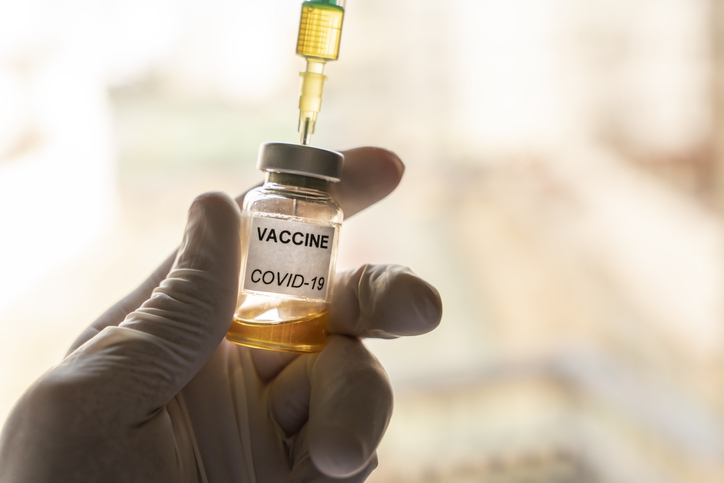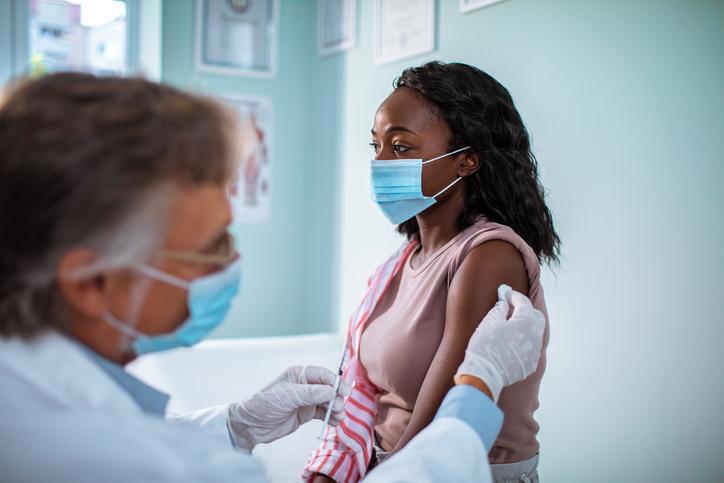
At a hearing before a Senate subcommittee on Capitol Hill, CDC Direct Robert Redfield said any vaccine is unlikely to be widely available to most Americans before the summer or early fall of 2021, given initial constraints on supplies if and when a vaccine wins approval from the Food and Drug Administration (FDA).
"I think there will be a vaccine that will initially be available sometime between November and December, but very limited supply, and it will have to be prioritized,"
Redfield told lawmakers. "If you're asking me when is it going to be generally available to the American public so we can begin to take advantage of vaccine to get back to our regular life, I think we're probably looking at late second quarter, third quarter 2021."
In a report Wednesday to Congress and an accompanying “playbook” for states and localities, federal health agencies and the Defense Department are sketching out complex plans for a vaccination campaign to begin gradually in January or later this year, eventually ramping up to reach any American who wants a shot.
According to The Associated Press, facets of the playbook include:
- Most COVID-19 vaccines will require two shots to be taken three to four weeks apart. Those who receive these vaccines will need to receive doses made by the same drugmaker.
- Early in the vaccination campaign, supplies will be limited and will be reserved for health care and other essential workers, as well as vulnerable groups. Later phases of the campaign would expand distribution to the entire country.
- The vaccine will be free to those who receive it, thanks to funding allocated by Congress and the Trump administration.
States and local communities will handle distributing the vaccine, and must submit plans to the federal government in about a month's time.

Officials noted that the time-lapse in between shots will inevitably force some people to be vaccinated at two different locations, therefore requiring all vaccination centers to be in communication with each other through a shared database.
Federal officials from Operation Warp Speed, the government's vaccine development task force, said on a call with reporters that vaccine distribution will be set in motion "within 24 hours" of the FDA authorizing a vaccine, different versions of which are being developed by major drug manufacturers.
The strategy released by the Department of Health and Human Services (HHS) details plans to provide enough doses so that everyone who wants to be vaccinated can be, said Redfield.
So Phase 1 is essentially getting it to the people who need it the most: our best estimate based upon previous talks are those with pre-existing conditions and in areas that have seen the most cases per capita.
Phase 2 is described here: "As the volume of available vaccine increases, distribution will expand, increasing access to the larger population," reads the phase two outline.
"When larger quantities of vaccine become available, there will be two simultaneous objectives: 1) to provide widespread access to vaccination and achieve coverage across the United States population and 2) to ensure high uptake in target populations, particularly those who are at high risk for severe outcomes from COVID-19."
Phase three acknowledges that initial vaccine distribution may not be widespread enough to stamp out the virus.
According to HHS, "if the risk of COVID-19 persists such that there remains a public health need for an ongoing vaccination program," the vaccine will ultimately be made "universally available and integrated into routine vaccination programs, run by both public and private partners."
There are currently nine companies with vaccines in phase three efficacy trials, and five approved for early or limited use. Two prominent U.S. companies, Pfizer and Moderna, are both in phase three trials.
Pfizer CEO Albert Bourla said in an interview with "Face the Nation" on Sunday that the company has already manufactured hundreds of thousands of doses of its vaccine, and has a "good chance" of knowing whether it works by the end of October.
Bourla said Pfizer is preparing for approval from the federal government and initial distribution of a vaccine before the end of the year.








